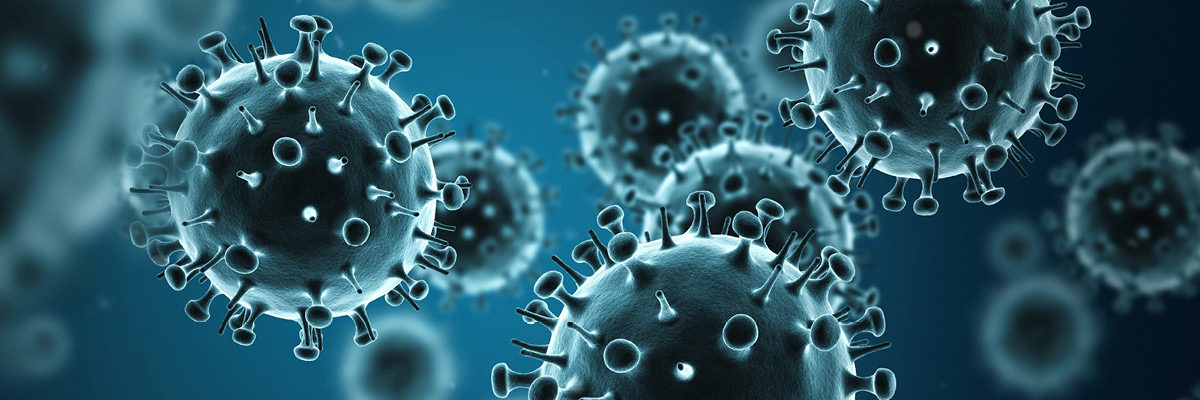
Skip the 'Maskne,' Not the Mask
WEDNESDAY, Aug. 5, 2020 (HealthDay News) -- For most people, wearing a face mask is a harmless inconvenience, but wearing the coverings may cause skin problems for some, one dermatologist explains.
It's been called mask-acne, or "maskne."
Dermatologist Dr. Allison Truong, from Cedars-Sinai Medical Group in Los Angeles, said that she is seeing many patients with this problem.
Patients are complaining of three types of skin issues:
If your skin is red, burning or itchy, it may be an irritation or allergy. If there are little pustules or blackheads or whiteheads, it's most likely maskne, Truong said.
Truong advises using a gentle cleanser when you wash your face and using sunscreen to create a barrier between your skin and the mask. When you take off your mask, wash your face and use moisturizer, she suggested.
It is important to wash fabric masks every day. Laundry detergents can be a common cause of allergic reactions, Truong said, so she suggests using fragrance-free detergents.
Irritated, red, itchy or burning skin should be treated with an over-the-counter hydrocortisone cream once or twice a day, Truong said.
She also suggests not wearing makeup under a mask, but if you do, be sure it's noncomedogenic (specially formulated so as not to cause blocked pores).
For severe acne, use an over-the-counter cleanser containing glycolic acid, salicylic acid or benzoyl peroxide. If it doesn't get better after a week or two, see a dermatologist, Truong said.
Despite possible skin issues, Truong urges everyone to wear a face mask during the pandemic.
"Every day, there are studies demonstrating the importance of wearing masks to prevent the spread of COVID-19," Truong said in a Cedars-Sinai news release. "If you keep your mask clean, follow daily proper skin hygiene, and use the appropriate products, you should be able to control any skin irritations and acne while continuing to protect yourself and others from the virus."
More information
The American Academy of Dermatology has more on preventing face mask skin problems.
SOURCE: Cedars-Sinai Medical Group, news release, July 30, 2020
Related Articles
Search Allergy Articles
Allergy Expert Gives Tips On Seasonal Allergies
Wildfire Smoke Is Choking America's Cities -- Is Yours on the List?
Antibiotics Might Increase Risk of Childhood Asthma, Allergies
There's Still Confusion on How to Spot, Treat Severe Allergic Reactions
